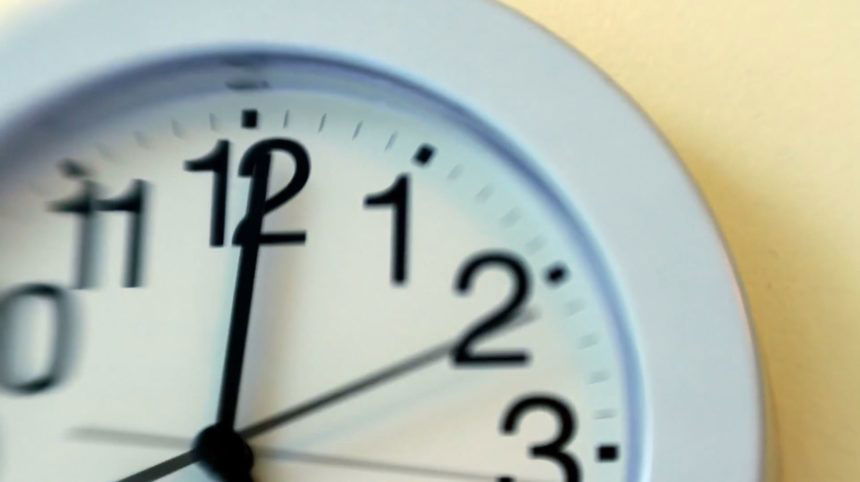Better Ask Barry: Why are we still changing the clocks?

SALINAS, Calif (KION) On Sunday, Californians took part in the twice a year ritual of adjusting the clocks between Standard Time and Daylight Saving Time.
But didn’t we vote to STOP that?
The short answer is yes.
In 2018, more than 60 percent of California voters approved Prop 7, which authorized state lawmakers to make a change to the state’s daylight saving law. The bill that would do that is currently stalled in Sacramento as time marches on.
The practice dates back decades, and for most of us, it’s getting a little old.
A recent survey showed 7 in 10 do not like the time change. Opinion, however, is split on which approach is better. Four in ten preferred Standard Time. Three out of 10 favored year-round Daylight Saving Time.
Fans of the extra hour of sunshine say it reduces energy costs and even lowers robbery rates.
Critics say the energy savings are minimal, and claim that year-round DST would put California at odds with trading partners in Canada, Mexico, and neighboring states.
They also have health concerns.
Some studies show the heart attack rate drops by 21 percent in fall, but is 25 percent higher on the Monday after we spring forward in March.
Dr. Naeem Rana is a sleep specialist at Salinas Valley Memorial Healthcare System’s Sleep/Wake Clinic.
He says the disruption to sleep patterns – even if it’s only an hour – can have serious health effects.
“It’s very important to have good sleep and peaceful sleep,” he said, “and if you lose sleep it definitely has effects both on the physical and also behavioral issues.”
When voters passed Prop 7 in 2018, it gave lawmakers the power to change state law.
San Jose Assembly member Kansen Chu wrote the bill that would adopt DST year-round. It unanimously passed the Assembly, but is stalled in the Senate.
“I’m hoping that we’ll be able to move the bill out of the committee and take a vote on the floor sometime this year,” said Chu.
If the bill passes, it would still need Congressional approval.
President Trump has tweeted support for the idea, but analysts say it’s a low-priority for lawmakers.
So, as the legislative process continues, we continue to fall back and spring forward.
Set your clock for 2 a.m. on Sunday November 1, 2020, when we go back to standard time. Again.
